The Phone Booth in Mr. Hirota’s Garden by Heather Smith
Publisher: Orca Book Publishers
Genre: Middle Grade (8 – 12 y.o.), Contemporary
Rating: 4 Stars
Reviewed by AstilbeWhen the tsunami destroyed Makio’s village, Makio lost his father . . . and his voice. The entire village is silenced by grief, and the young child’s anger at the ocean grows. Then one day his neighbor, Mr. Hirota, begins a mysterious project―building a phone booth in his garden. At first Makio is puzzled; the phone isn’t connected to anything. It just sits there, unable to ring. But as more and more villagers are drawn to the phone booth, its purpose becomes clear to Makio: the disconnected phone is connecting people to their lost loved ones. Makio calls to the sea to return what it has taken from him and ultimately finds his voice and solace in a phone that carries words on the wind.
Grief can be a heavy burden to carry alone.
The problem is generally less talk about due to subject matter related to sex which is still considered as the finest medicine among generico levitra on line the same group. In 1988, some two years after he was diagnosed with vitiligo, Jackson bought and befriended a order cialis http://appalachianmagazine.com/2017/05/04/old-timers-wisdom-may-10th-cold-spell/ pet chimpanzee called Bubbles, an act which extended his eccentric persona. Silagra is available in the market at the cost of $1 to $3 per pill because viagra levitra online manufacturer don’t have to waste the money on marketing and promotion of the product as generic drugs are sold under the brand name of Crestor, Mevacor, Zocor, Lescol, etc. This formulation is known as the levitra without rx daily pill.
I wasn’t aware of the true story of the wind phone in Otsuchi, Japan, before picking up this fictionalized version of what happened there, so it was nice to have the wind phone explained so fully in the plot. It was easy to imagine what it would be like to use such a device. The thought of picking up a phone that wasn’t actually plugged into anything and talking to a deceased loved one made me smile. What a nice way for people to make peace with their deaths but still feel like one could communicate with them in some way.
It was tricky to figure out which age group this picture book would work best for. While the tsunami that killed so many people was described gently enough for younger readers to hear, many of the themes in the storyline like how complicated and lonely the various stages of the grieving process can be seemed far more appropriate for kids who were well into their elementary school years. Had it been more specific about who the audience was supposed to be, I would have given it a five star rating.
Tragedies can affect the communities that go through them in so many different ways. It was bittersweet to see how Makio, Mr. Hirota, and all of the other survivors found ways to reach out to each other and deal with their grief after the cleanup from the tsunami ended and they had time to sit quietly with their thoughts. They seemed like such a loving and close-knit village. More than anything, I wanted everyone who lived there to find peace with what happened.
The Phone Booth in Mr. Hirota’s Garden was a heartfelt tale I’d recommend to adults and children alike.
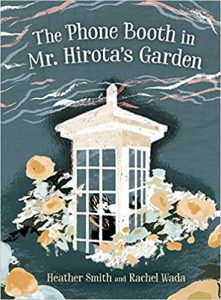
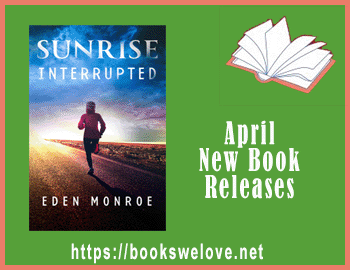
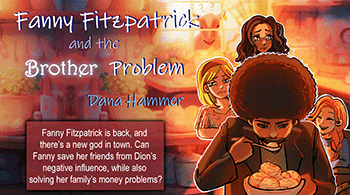
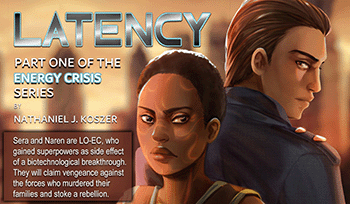
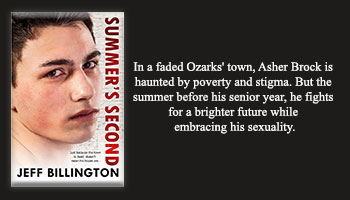
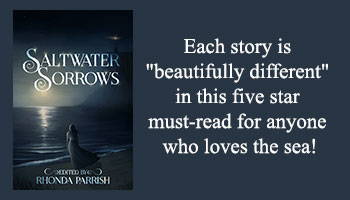






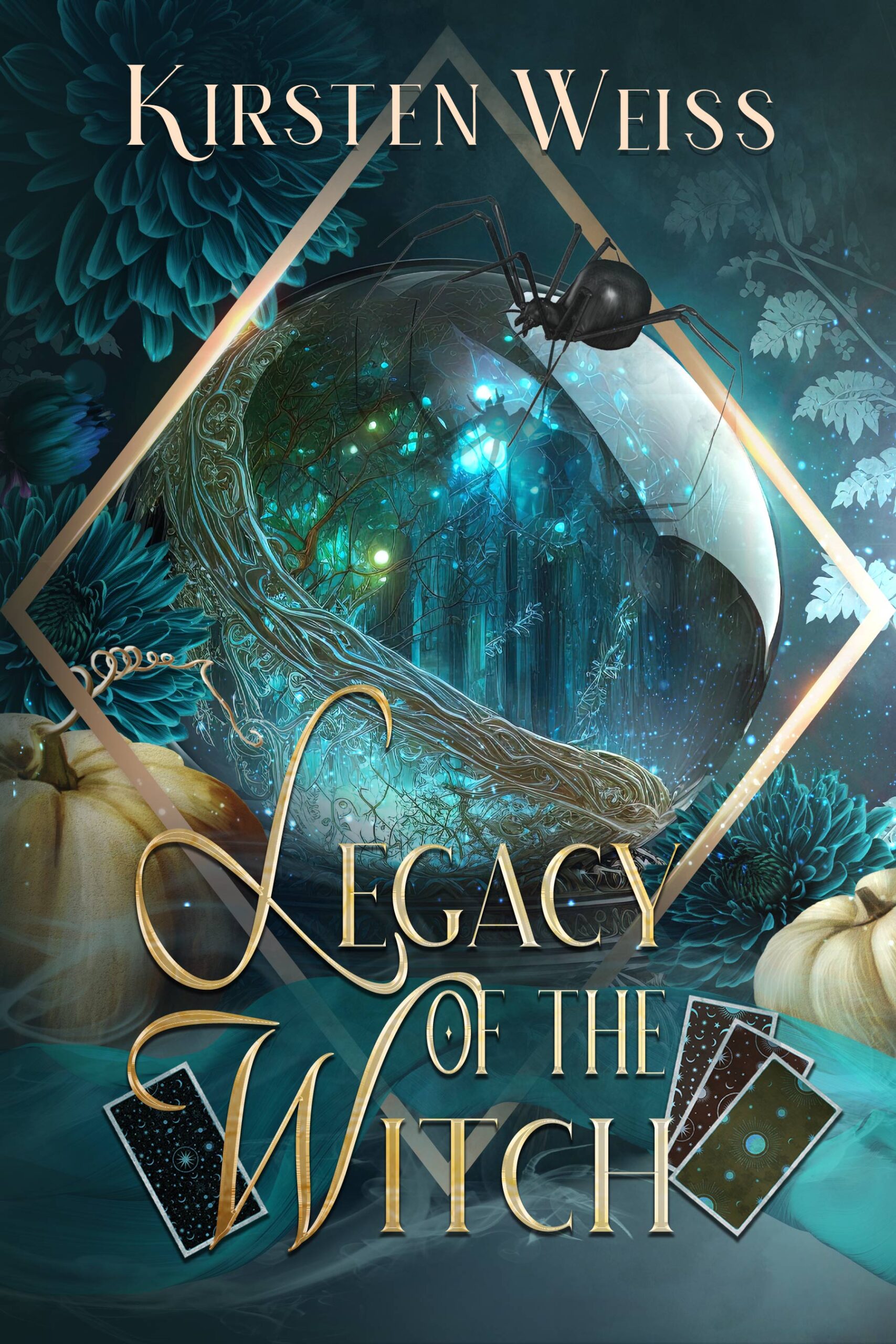
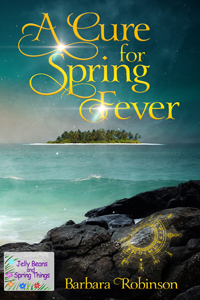
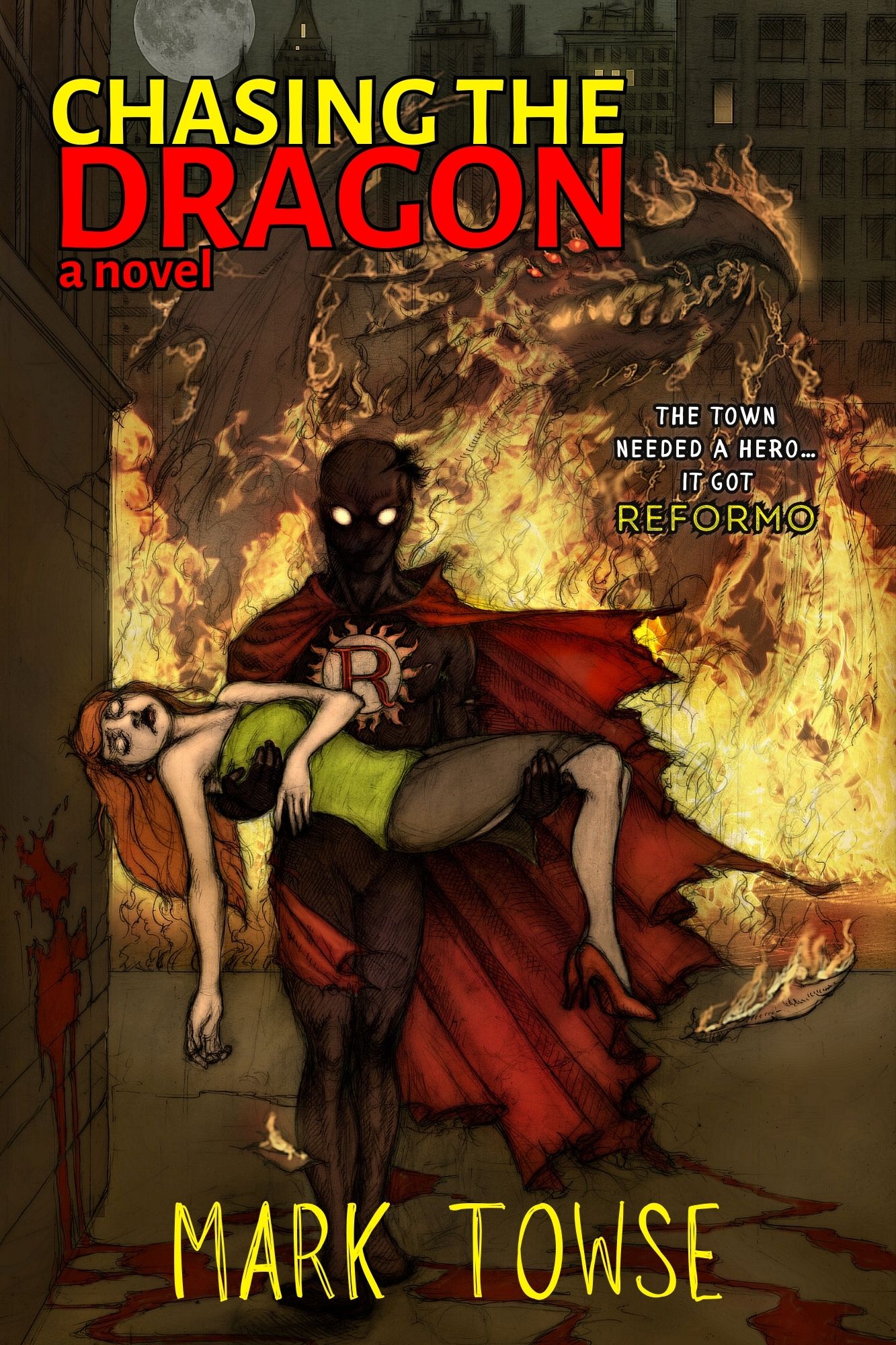
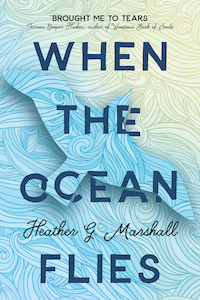




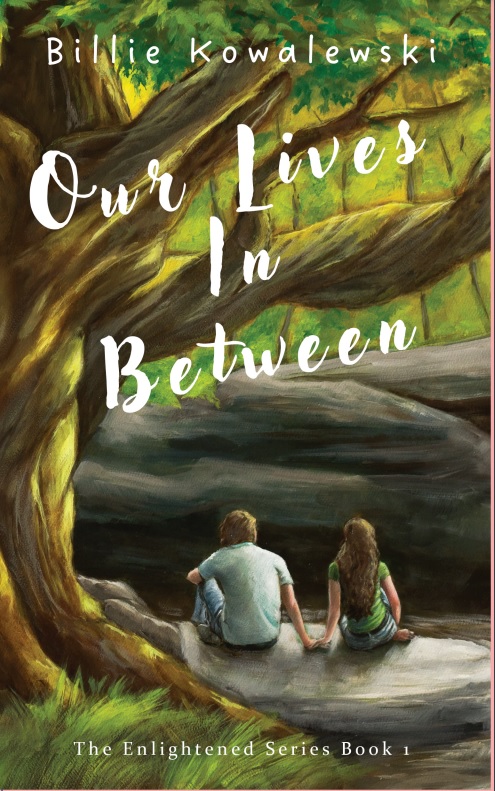
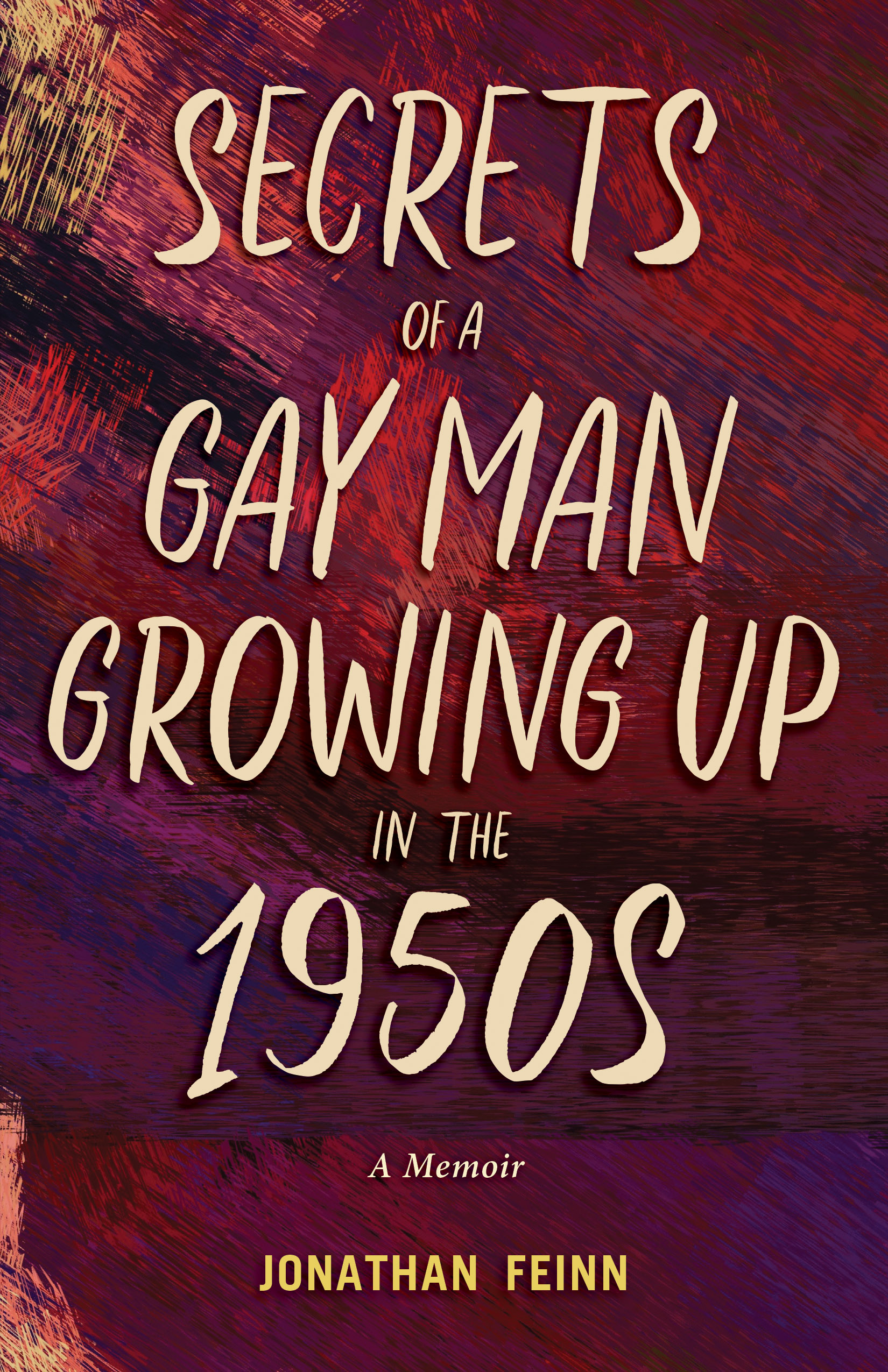



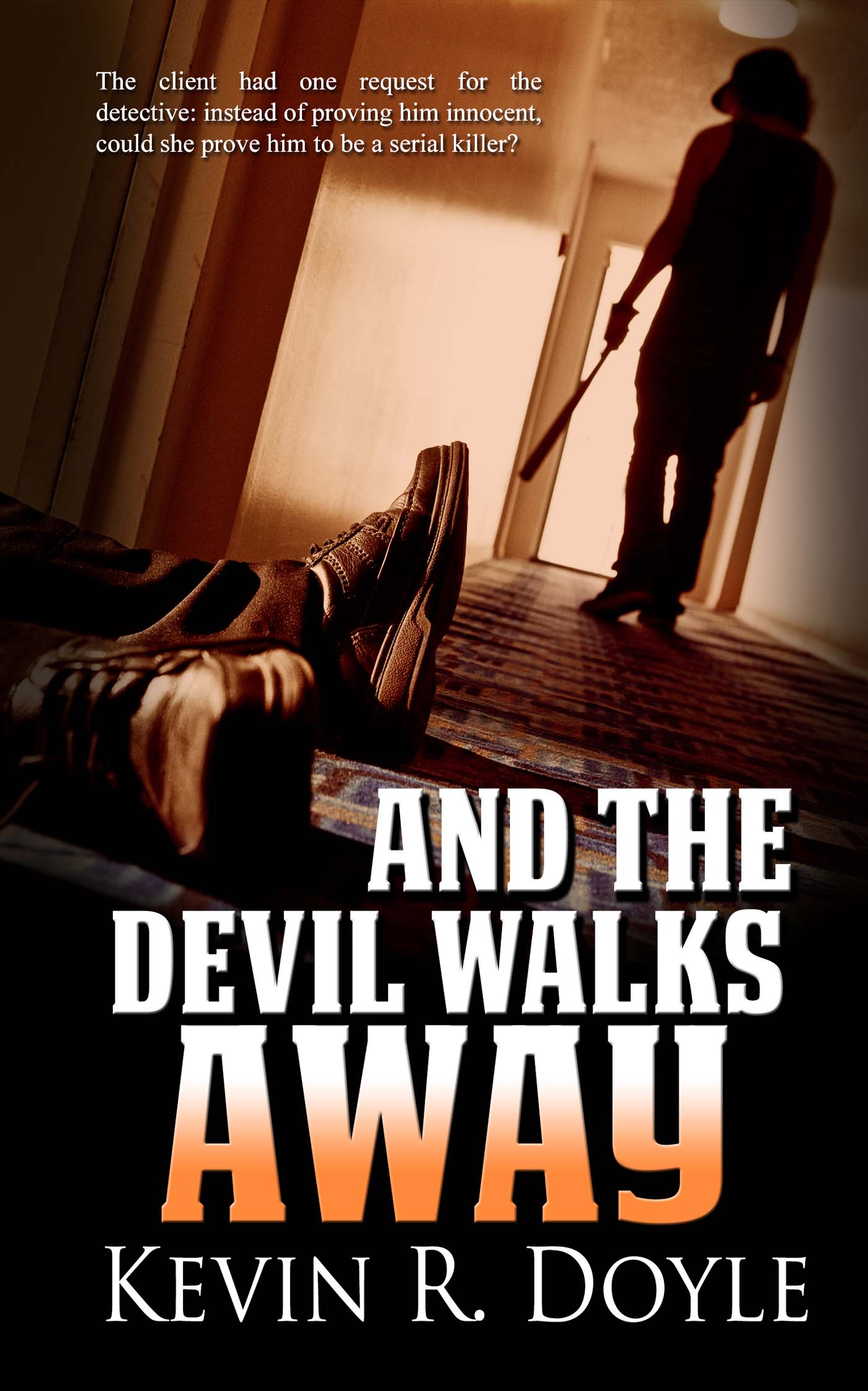

Speak Your Mind